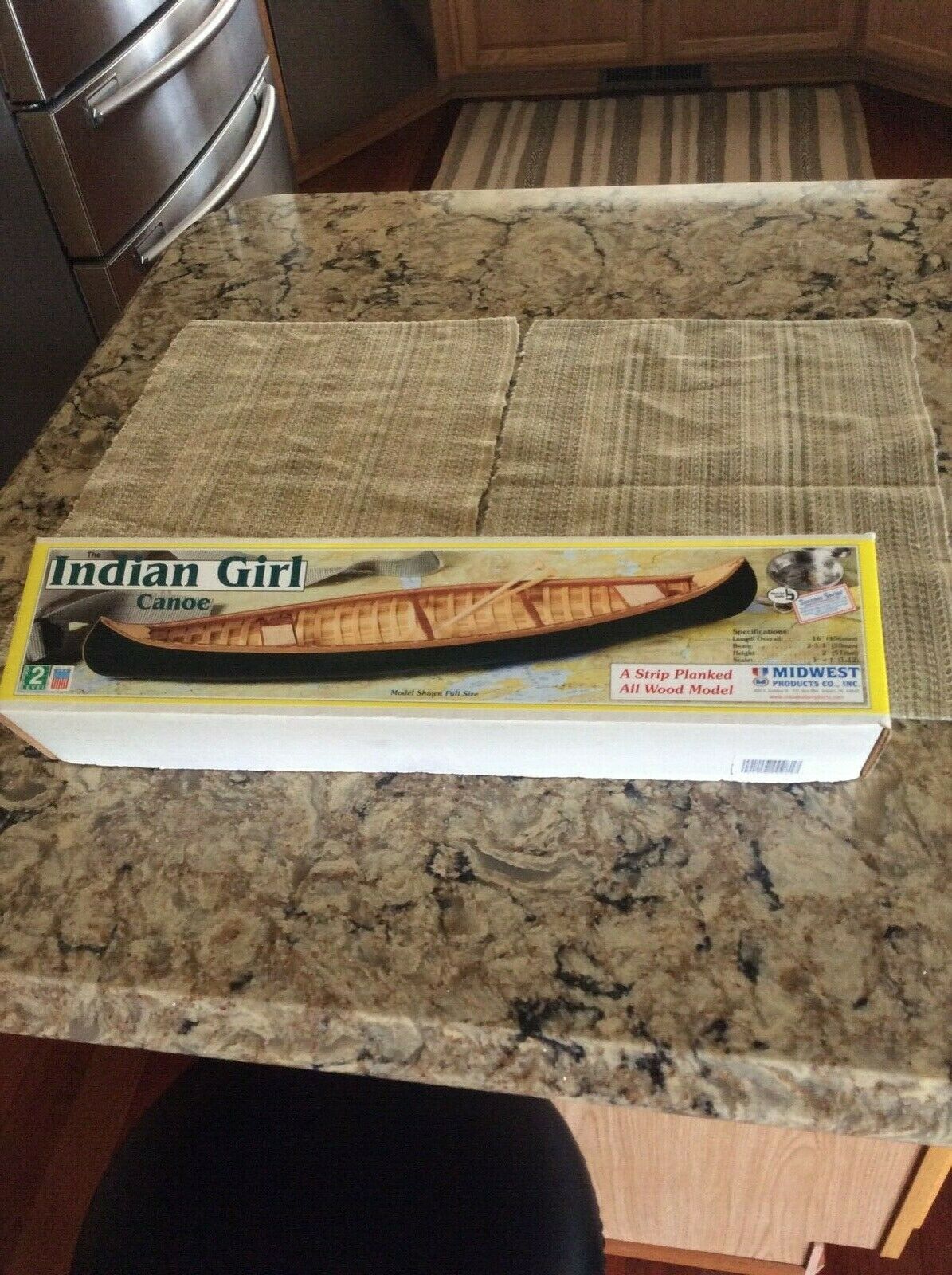-40%
Trajta - fishing and Cargo Boat from Korula 1:20 Scale
$ 192.71
- Description
- Size Guide
Description
Trajta - fishing and Cargo Boat from Korula 1:20 ScalePart Number:
MSS922
Description
Cargo is a wooden boat firmly rooted among the fishermen of the adriatic coast, widespread throughout the Mediterranean.
On the east coast of the Adriatic Sea she' s known also under the names legut and levut, and then as leuto and liuto in Italy, laudus, laud Katalan in Spain, leudo Ligure on the Ligurian Sea, and even in the XIV century the boat lignetum was built in Dubrovnik.
The name come from the italian word legno, which means wood.
On the island of Korcula she' s called trata, trakta or trajta, and for her exist also the names barka, lada, vlahinja, boat or gajeta.
She' s the biggest adriatic boat, which reaches a lenght of up to 12 meters, whose capacity is up to 10 tons.
The similarities in design and use with gajeta are such, that it is often difficult to distinguish them.
In Croatia she' s first mentioned in the writings of Trogir 1617 and by now she has developed into a few basic shapes, among which the most distinctive are the cargos of Korcula, Betina and Zadar.
The cargo bases her navigation more on sail than on oars, for this reason has a mast on which outstreched the lateen sail.
Trajta is undoubtedly a cargo boat of Korculan construction, but she has also something of the gajeta' s structural characteristics.
Her name comes from the name of the fishing nets, dragged by such boats. In fact this is a kind of seine net which in Korcula, Smokvica, Lumbarda and Pelješca are called trajta, meaning tow, drag. It comes directly from the latin word tracta, which is feminine passive past particple of the verb trahere (drag). In the same way is called the group of people which fishes with this type of net.
Trajta, the fishing boat, is mentioned for the first time as trakta in 1734 on Mljetu and in 1742 in Ston.
Trajta today, unfortunately, is no longer used.
This is a model on which the keel and all the elements of the sides and deck are made of solid walnut wood. The sail is embroidered on the cloth. Structural elements are laser cut.
63.8cm
Additional Images












